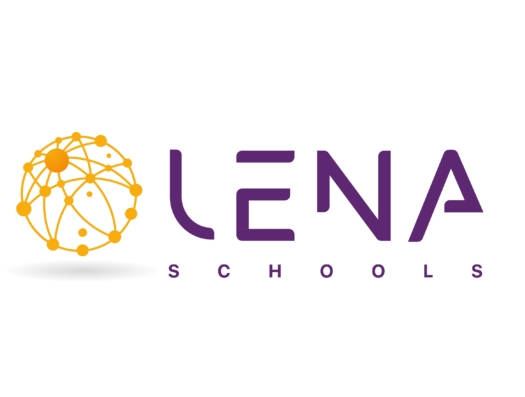Choosing between an IT bootcamp and college depends on individual preferences, career goals, and learning style. Here are some factors to consider when comparing IT bootcamps and college:
- Timeframe: IT bootcamps typically have a shorter duration compared to college programs. Bootcamps often range from a few weeks to several months, while college programs can span several years. Bootcamps offer a more accelerated learning experience, allowing individuals to gain job-ready skills in a shorter time frame.
- Focus and Specialization: IT bootcamps often have a specific focus on practical skills and job readiness. They are designed to teach specific technical skills that are in high demand in the tech industry. College programs, on the other hand, provide a broader and more comprehensive education, covering various subjects beyond IT.
- Curriculum: College programs in IT or computer science usually offer a more in-depth and theoretical understanding of the field. They cover a wide range of topics and provide a broader foundation in computer science principles and theory. Bootcamps, however, focus on teaching specific skills and technologies that are directly applicable to industry needs.
- Cost: IT bootcamps are generally more cost-effective compared to college programs. College tuition fees can be significantly higher, and the longer duration of college programs also means more expenses for housing, textbooks, and other associated costs. Bootcamps, being shorter in duration, can be a more affordable option for individuals seeking to quickly gain specific skills.
- Networking and Alumni Network: Colleges often have well-established alumni networks and extensive networking opportunities. This can provide long-term benefits in terms of job opportunities and professional connections. While most of the bootcamps also offer networking opportunities, their alumni networks may be as extensive or well-established as those of colleges.
- Academic Degree: College programs typically lead to the attainment of an academic degree, such as a bachelor’s or master’s degree, which may be required or preferred by certain employers or for certain career paths. Bootcamps, on the other hand, generally do not provide an academic degree but focus on skill acquisition and job readiness.
- Learning Style: Bootcamps often emphasize practical, hands-on learning with a focus on project-based assignments and real-world applications. They may be more suitable for individuals who prefer a more immersive and experiential learning style. College programs often include a mix of theoretical coursework, research projects, and hands-on experiences, appealing to individuals who prefer a more comprehensive and well-rounded education.
Ultimately, the choice between an IT bootcamp and college depends on individual circumstances, career goals, and personal preferences. It’s important to consider factors such as the desired depth of knowledge, career outcomes, time commitment, financial considerations, and preferred learning style when making a decision. Some individuals may even choose to combine both approaches by completing a college program and then attending a bootcamp to gain additional specialized skills.

